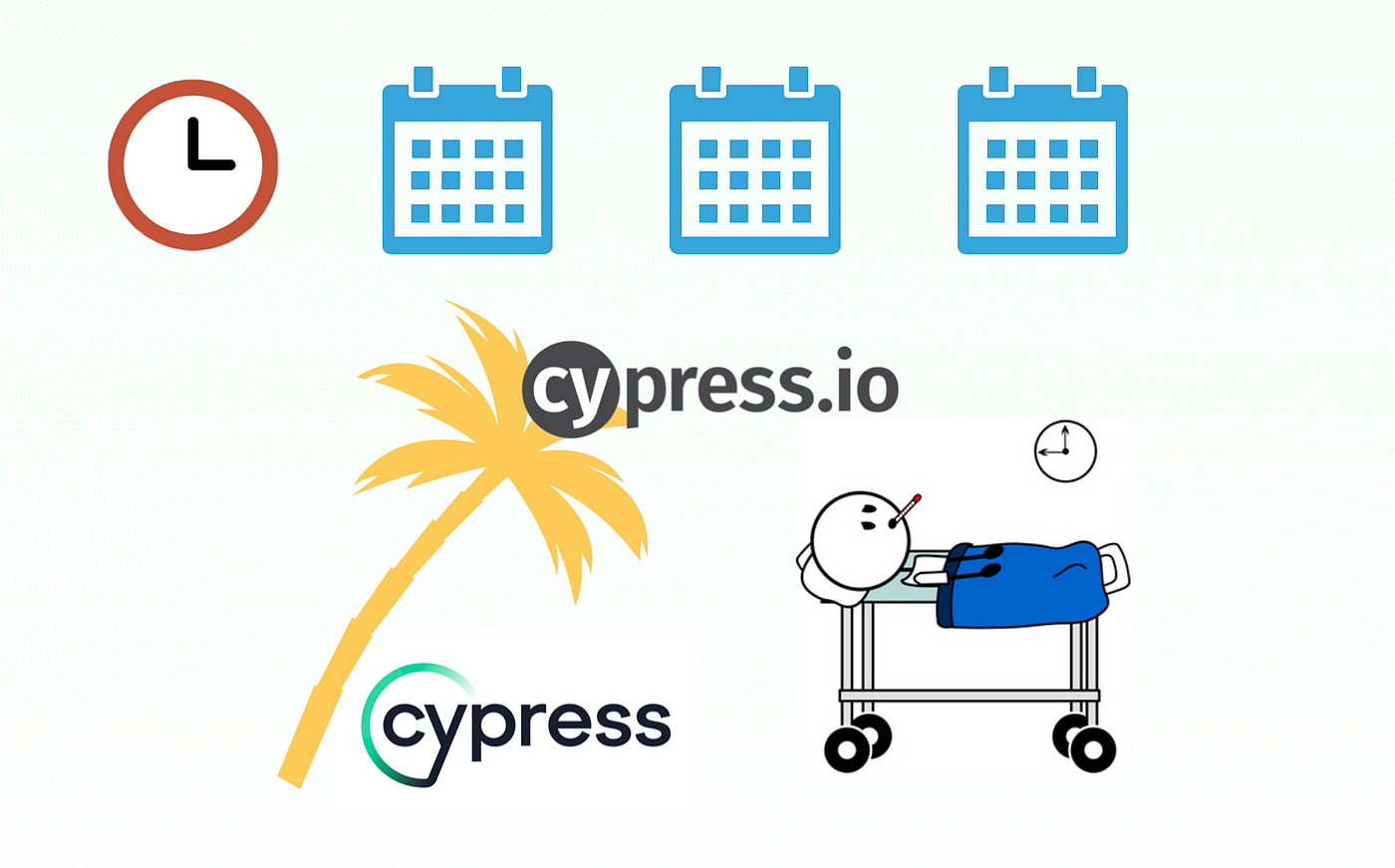A Follow-up for My Article, “Cypress.io is Dying” After 3 Months
Verification of My Predictions
On August 2nd, I published the article “Cypress.io is Dying, The fate of Cypress, of course, follows.” It became my most-read and most-liked article in a short time (< 3 months).
It even exceeded the “A Tale of a Deceptive End-to-End Test Automation Engineer”, my “boosted” article recommended by Medium curators.
Surprisingly, I rarely got nasty comments for that article. Clearly, Cypress testers/fans don’t like the article's title (BTW, I borrowed it from this Reddit post). The article compiles the facts and common-sense, which most people can’t argue with.
Please note that this article (and the previous one) is about Cypress as a product: the company behind it, the business model, .., in short, the business perspectives, not on its technical aspects (for that, check out other articles).
Also, it is a prediction, seeing emerging trends that might not be obvious to many yet. In the field of E2E Test Automation and Continuous, I have good proven records on my predictions. I correctly predicted failures of many hyped test automation frameworks/tools, such as QTP, PhantomJS, Cross-browser Testing vendors, ProtractorJS, Katalon Codeless Test Automation, Selenium Grid, and Cucumber, at its prime time. Cypress and AI Codeless Test Automation, are yet to be confirmed.
Table of Contents
· “Playwright is taking over Cypress”
· Microsoft’s winning record against non-free software products
· Recent Cypress.io Actions
“Playwright is taking over Cypress”
I received feedback (via LinkedIn or Twitter), “I disagree. According to NPM download trend (provided link, https://npmtrends.com/), Cypress clearly leads Playwright”. Before proving his review wrong, I like this kind of feedback with objective measurement, whether they agree or disagree.
Disclaimer: I don’t use Cypress or Playwright, so there is no prejudice on either of these two. From the very beginning, I treated Cypress as a demonstration framework/tool, not for real. The reason is that it has too many limitations as a test automation framework. It is quite obvious, isn’t it? It is just too bad so many, including some self-labelled ‘experts’ / podcasters, got fooled by it. The results: Cypress alike hurt the reputation of test automation engineers; now, there are fewer test automation engineers jobs with less pay (compared to the Selenium dominance time, while the success rate is not high, people saw the light).
I don’t like Playwright either. At least it is a test automation framework, a far inferior one compared to raw Selenium + Ruby.
Cypress's website claimed “5 million weekly downloads”, which is true since February 2023, according to “npm trends”.
Let’s see a comparison (download count) against Playwright.
Between 2023–02 and 2023–08 (~ my article time), the download count for both Cypress and Playwright remained relatively static.
Since August, i.e., the last three months, the Playwright download counts have grown at a very fast pace while Cypress remains static. Please note that Cypress.io has a “good” marketing team and many so-called “Cypress Ambassadors” promoting it daily.
I took a screenshot of the chart over the last three months over a fixed minimum Chrome window size (as you know, the trends can be misrepresented).
The actual numbers show a huge difference in terms of growth rates.
Keep reading with a 7-day free trial
Subscribe to The Agile Way to keep reading this post and get 7 days of free access to the full post archives.






